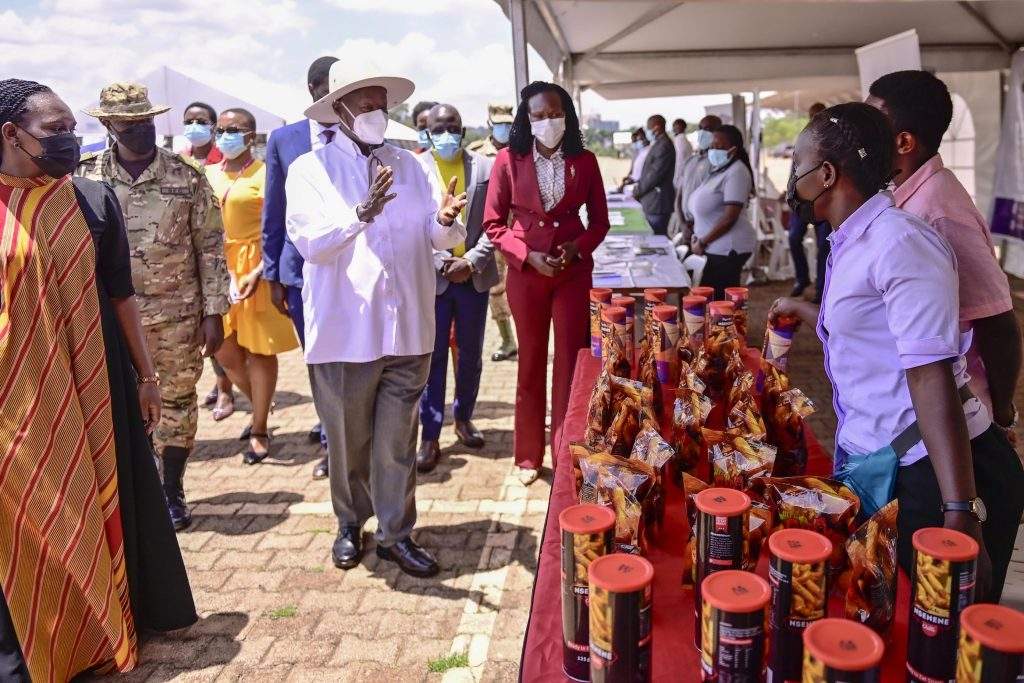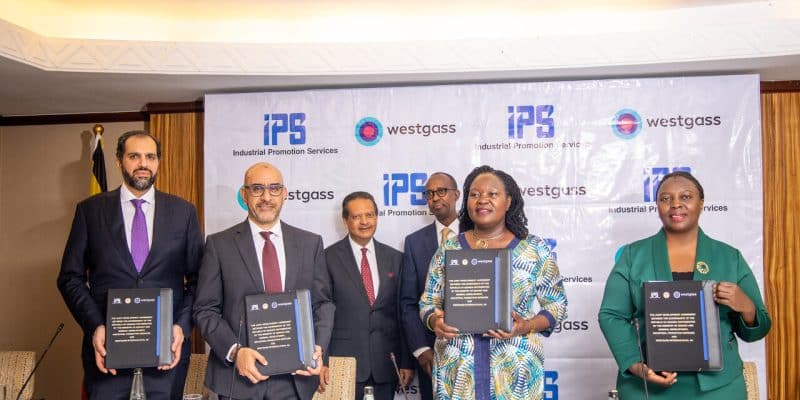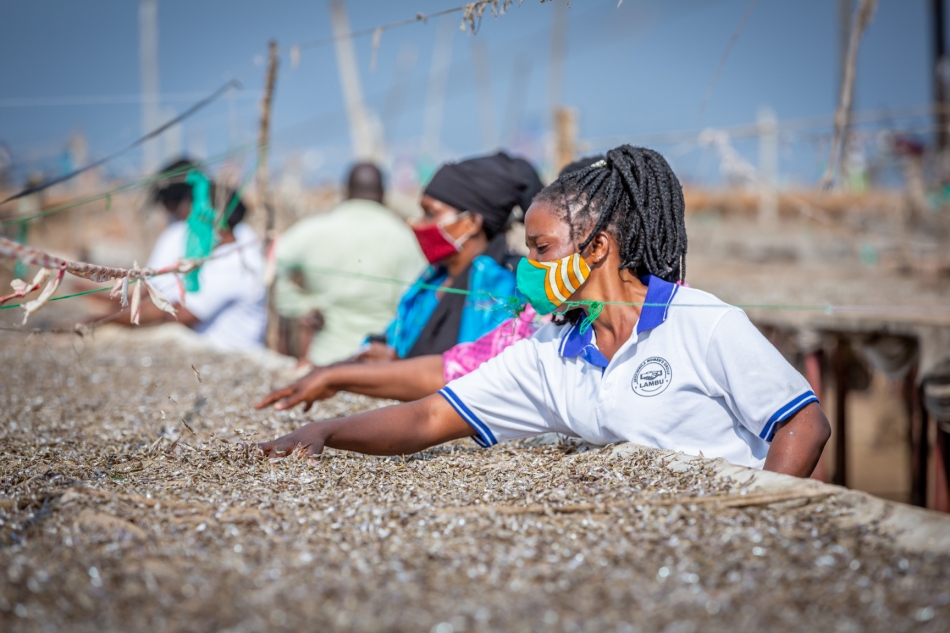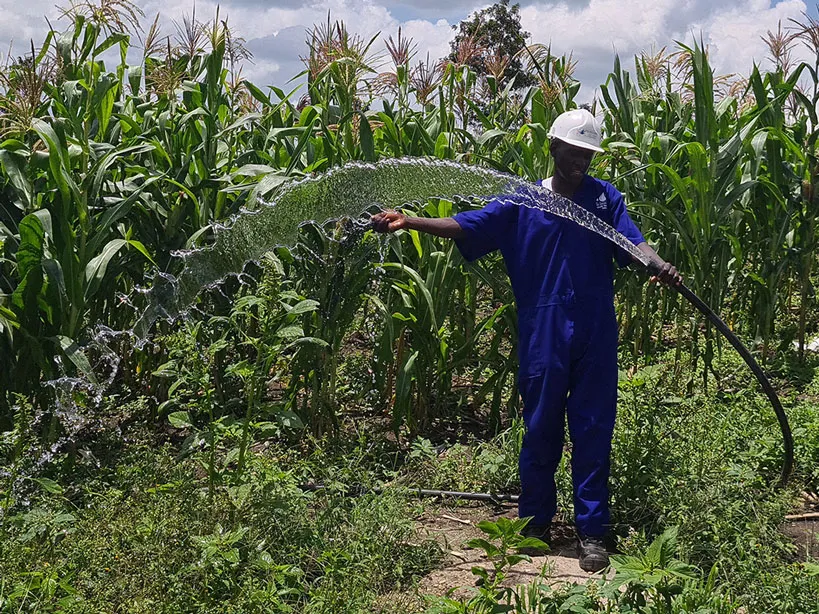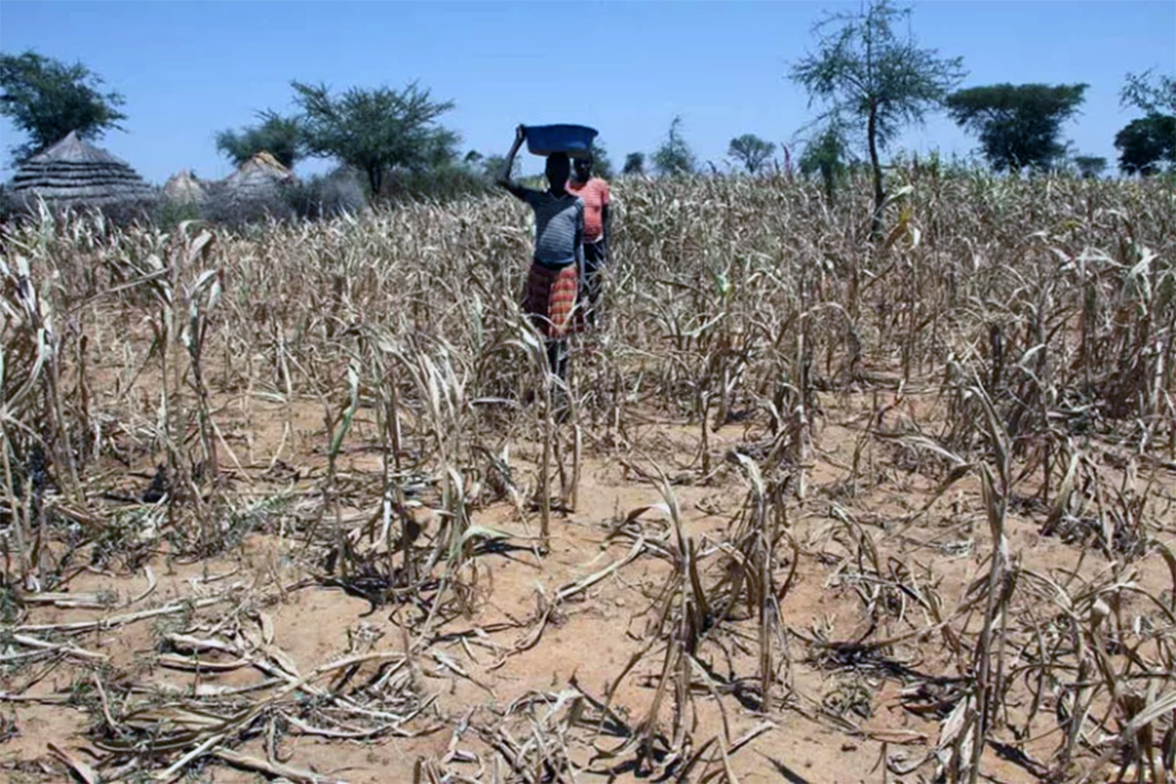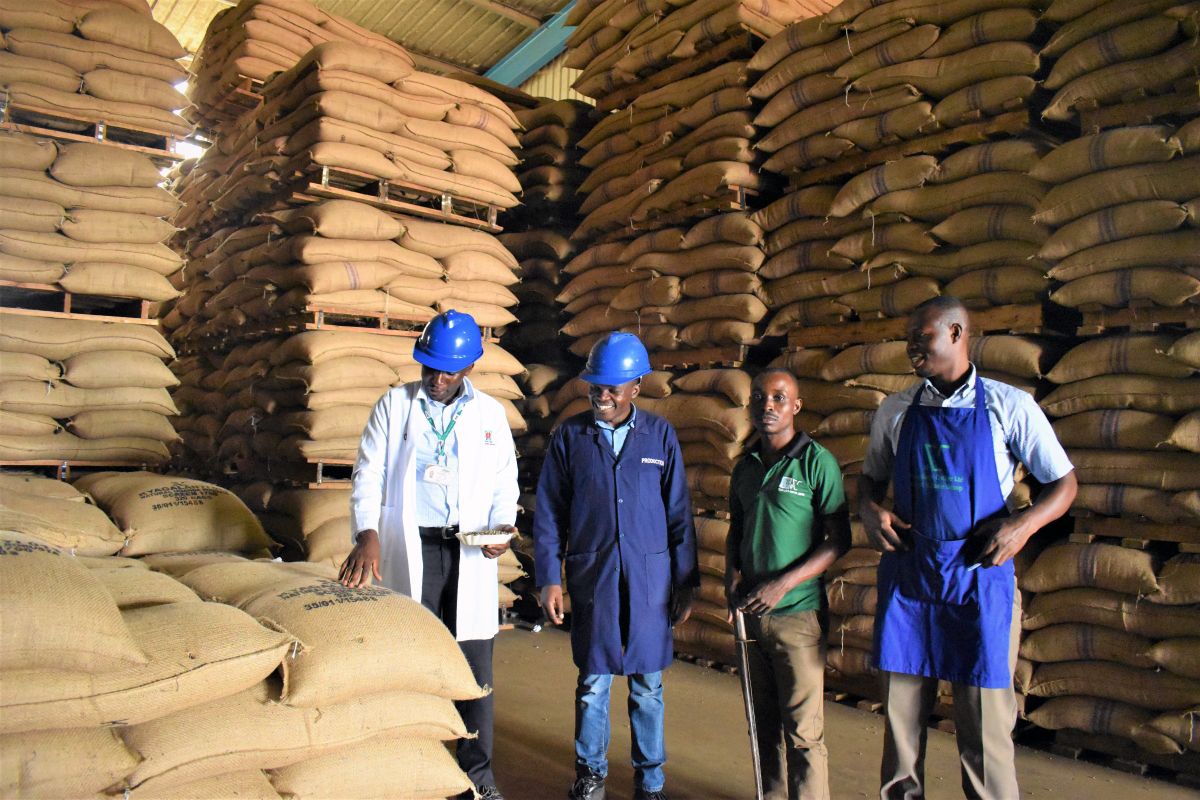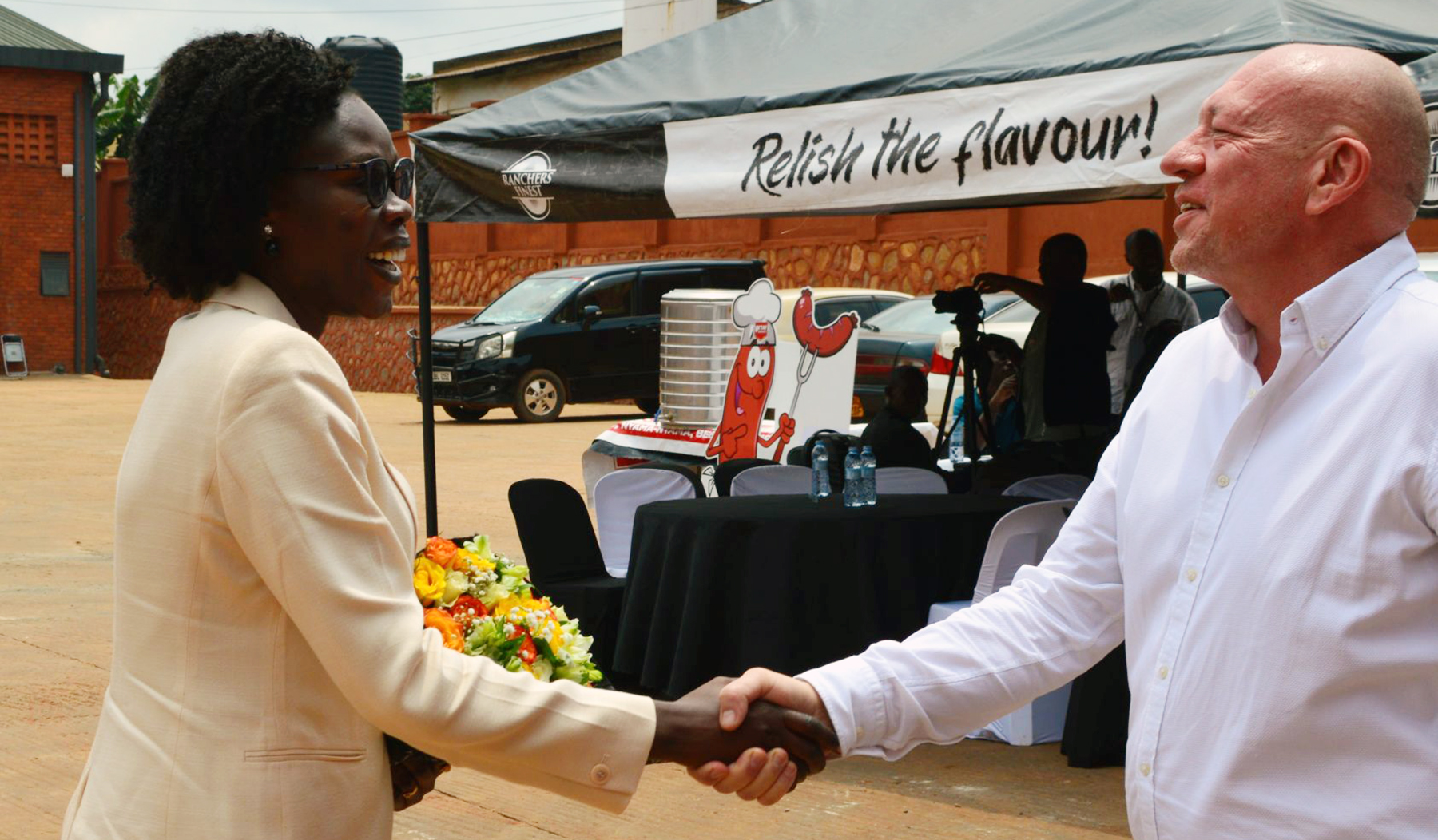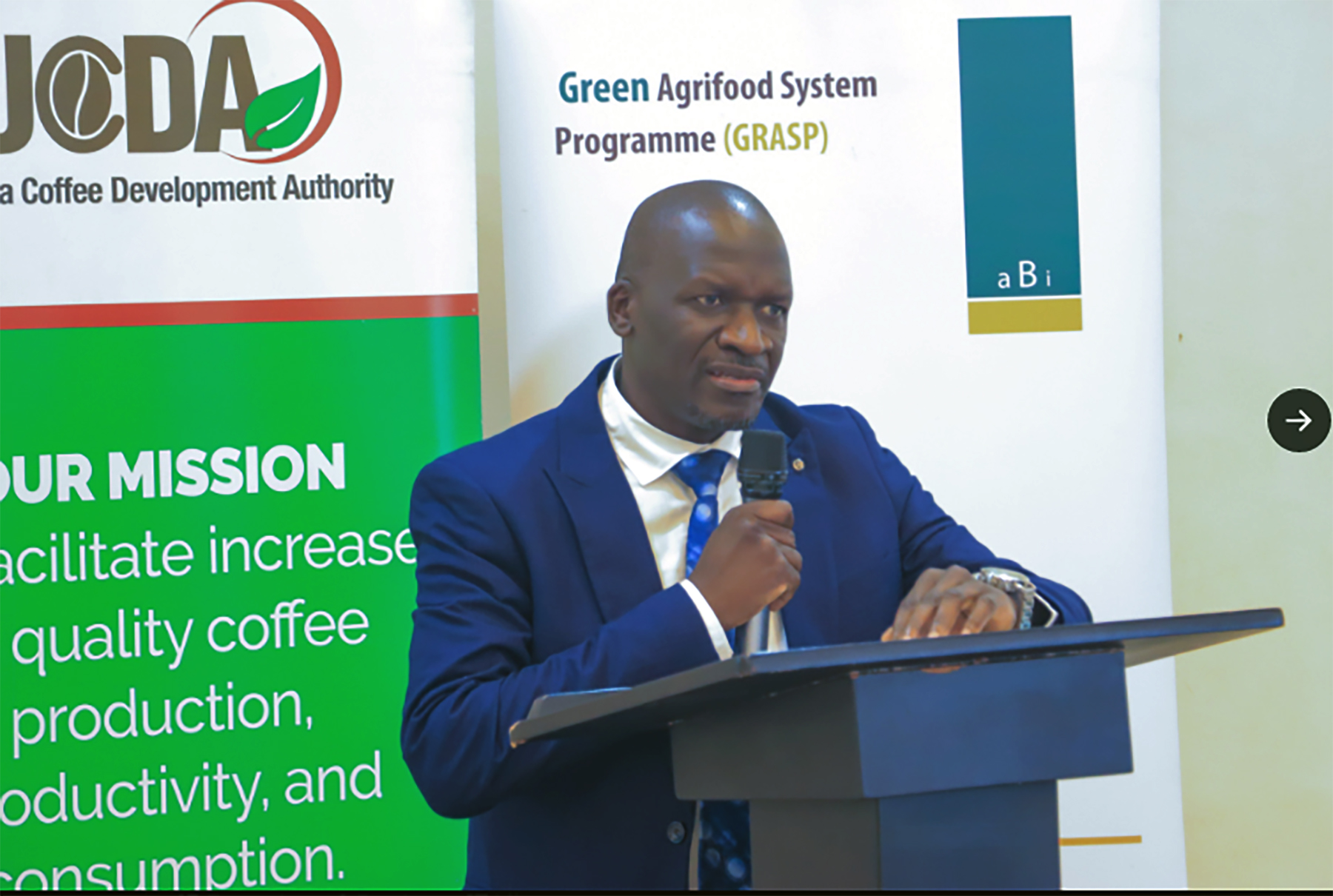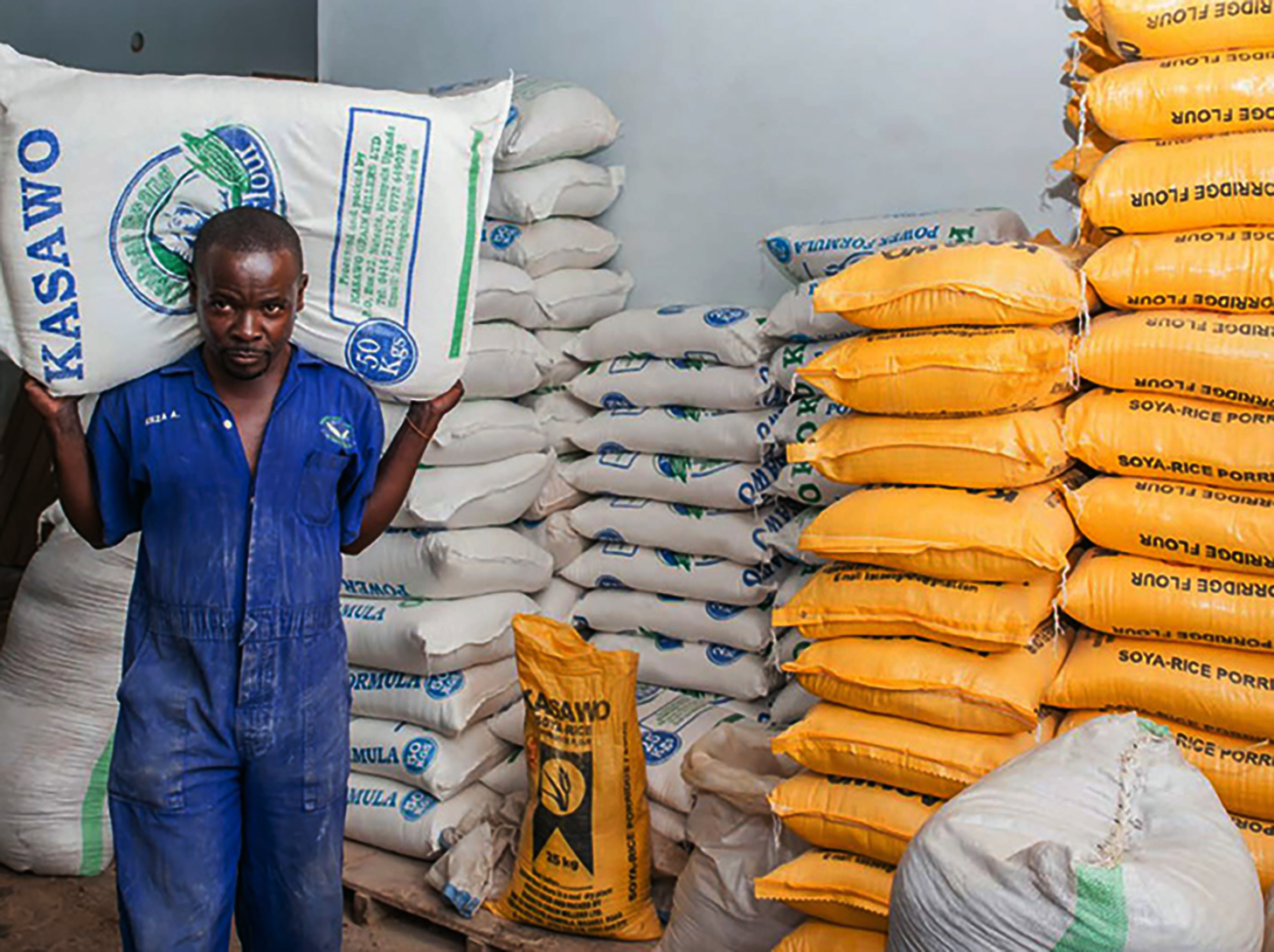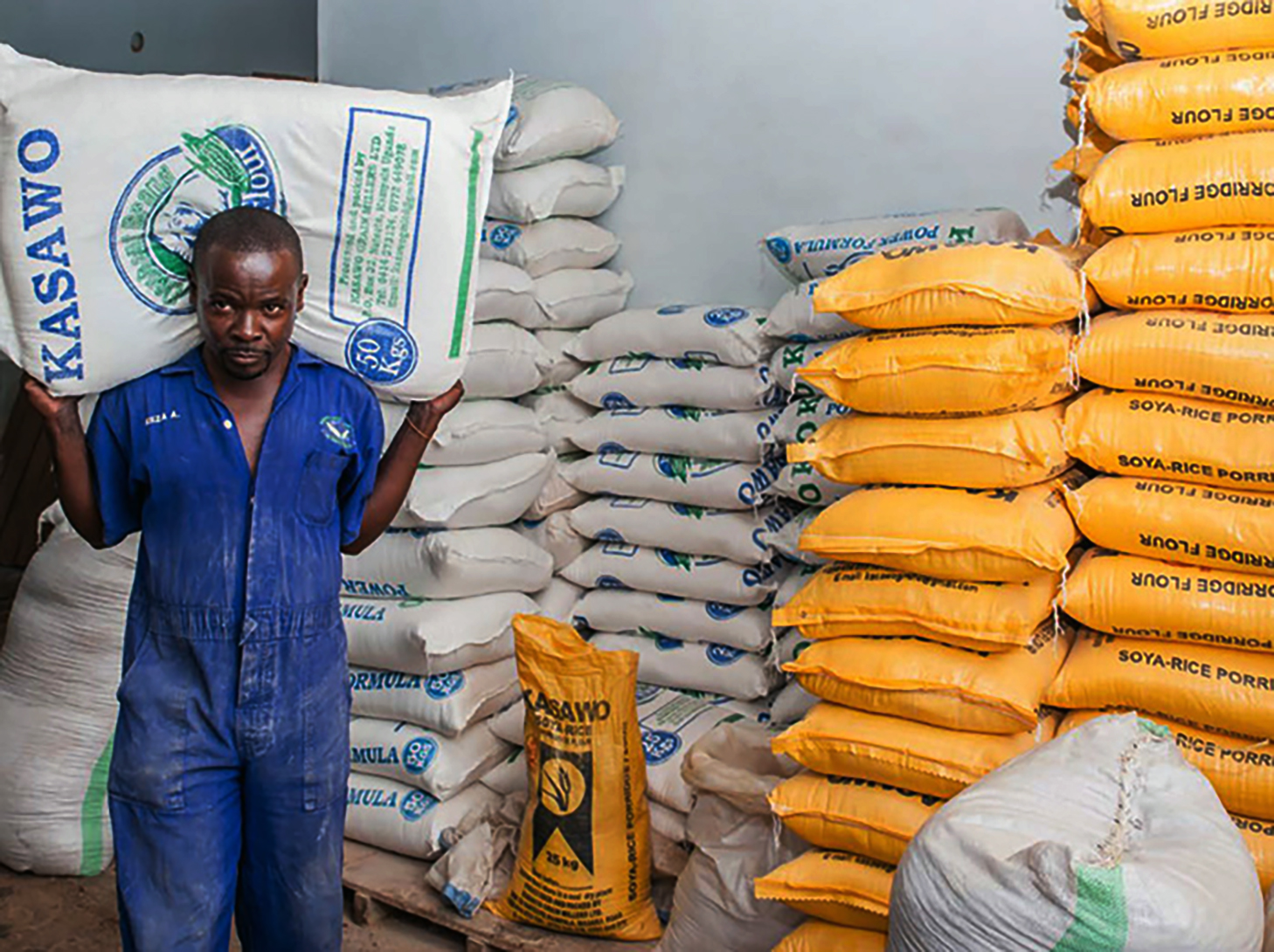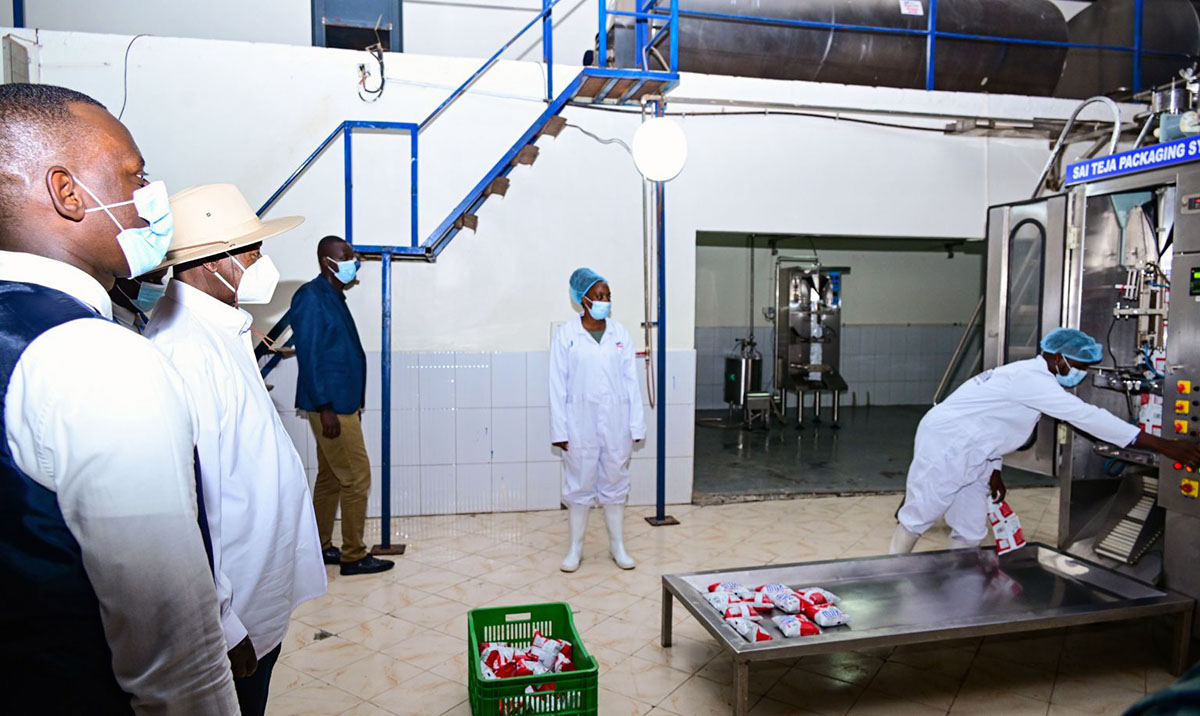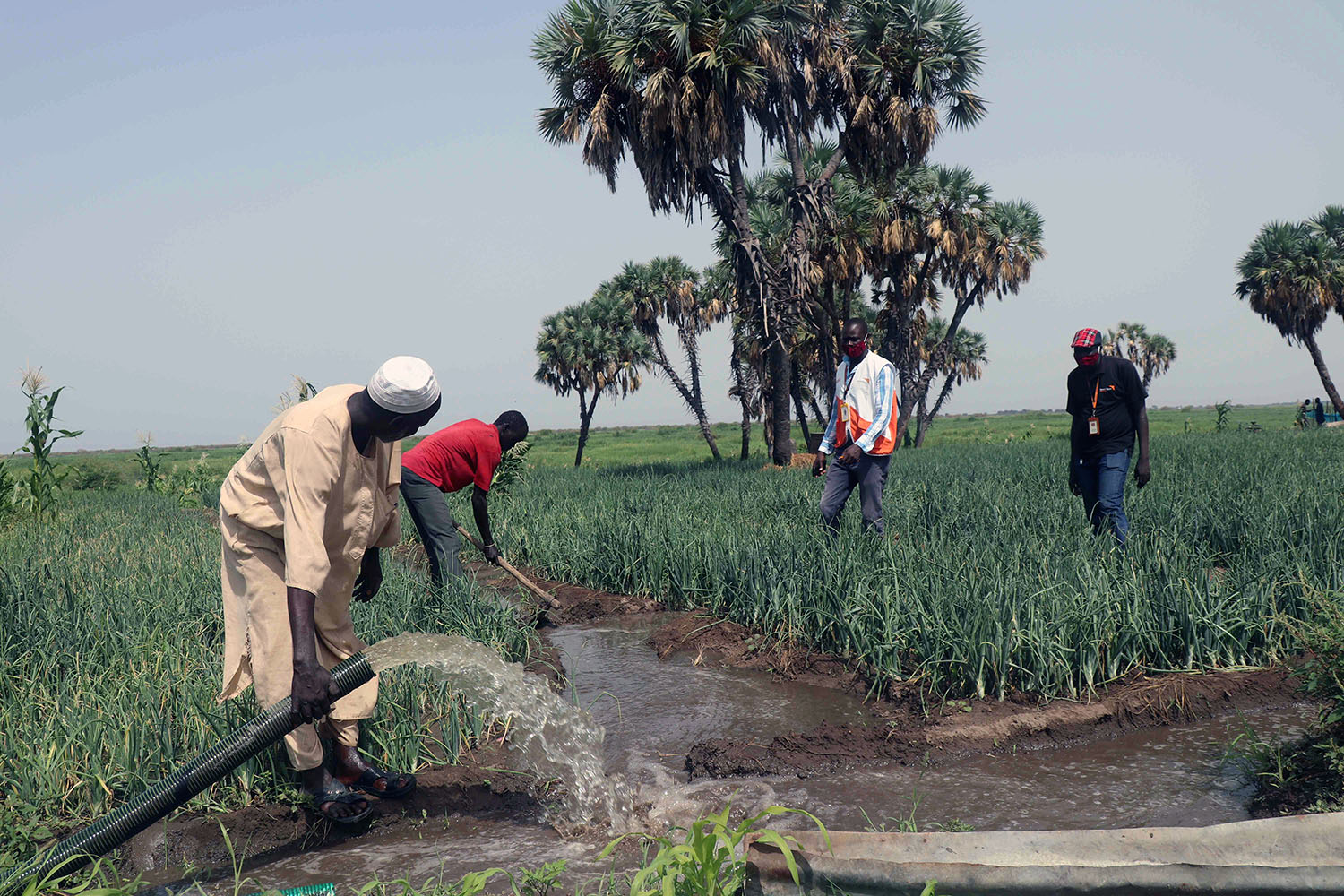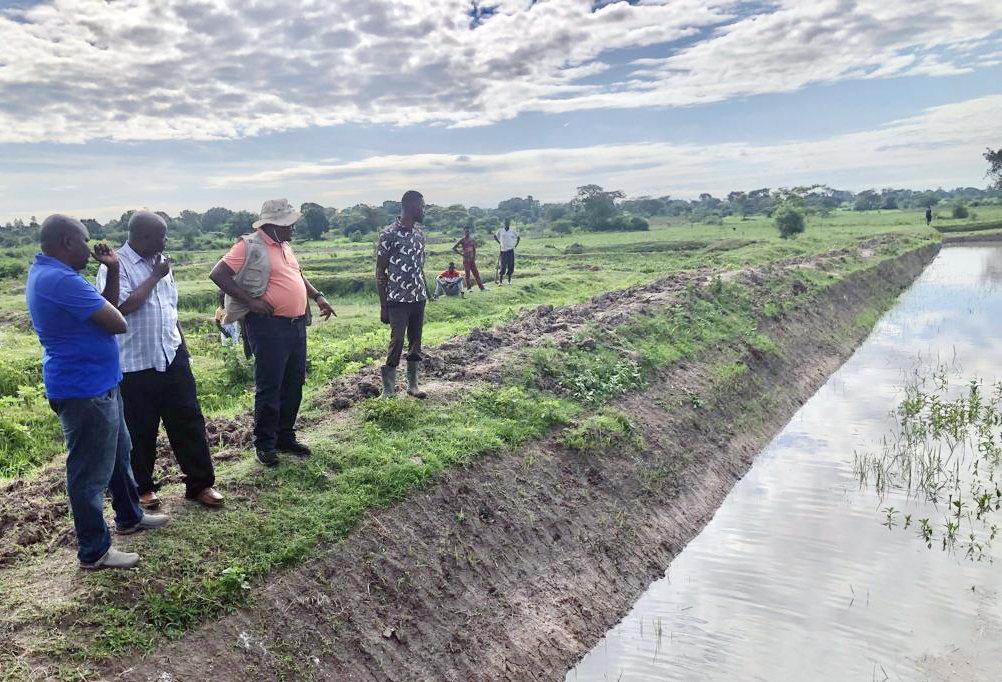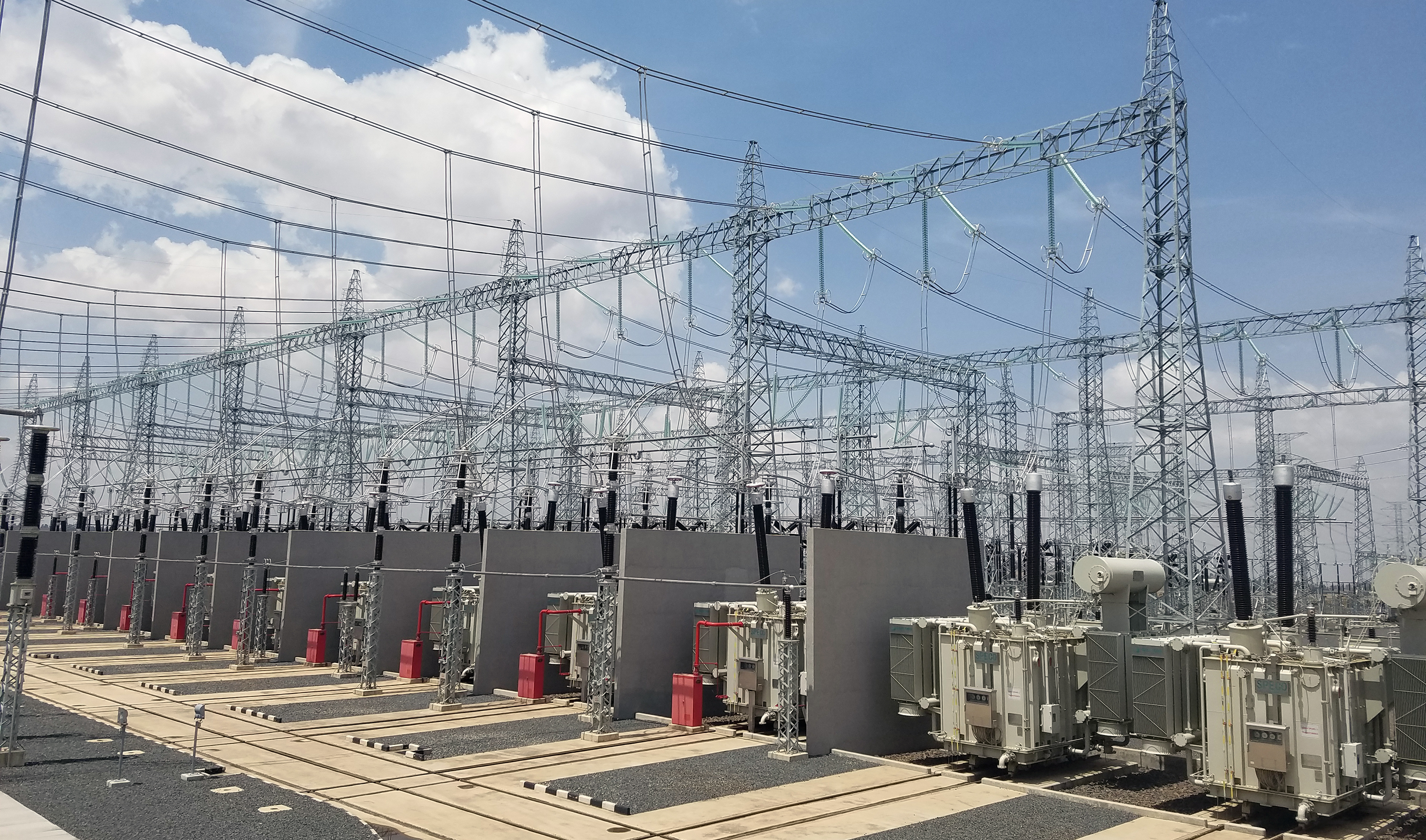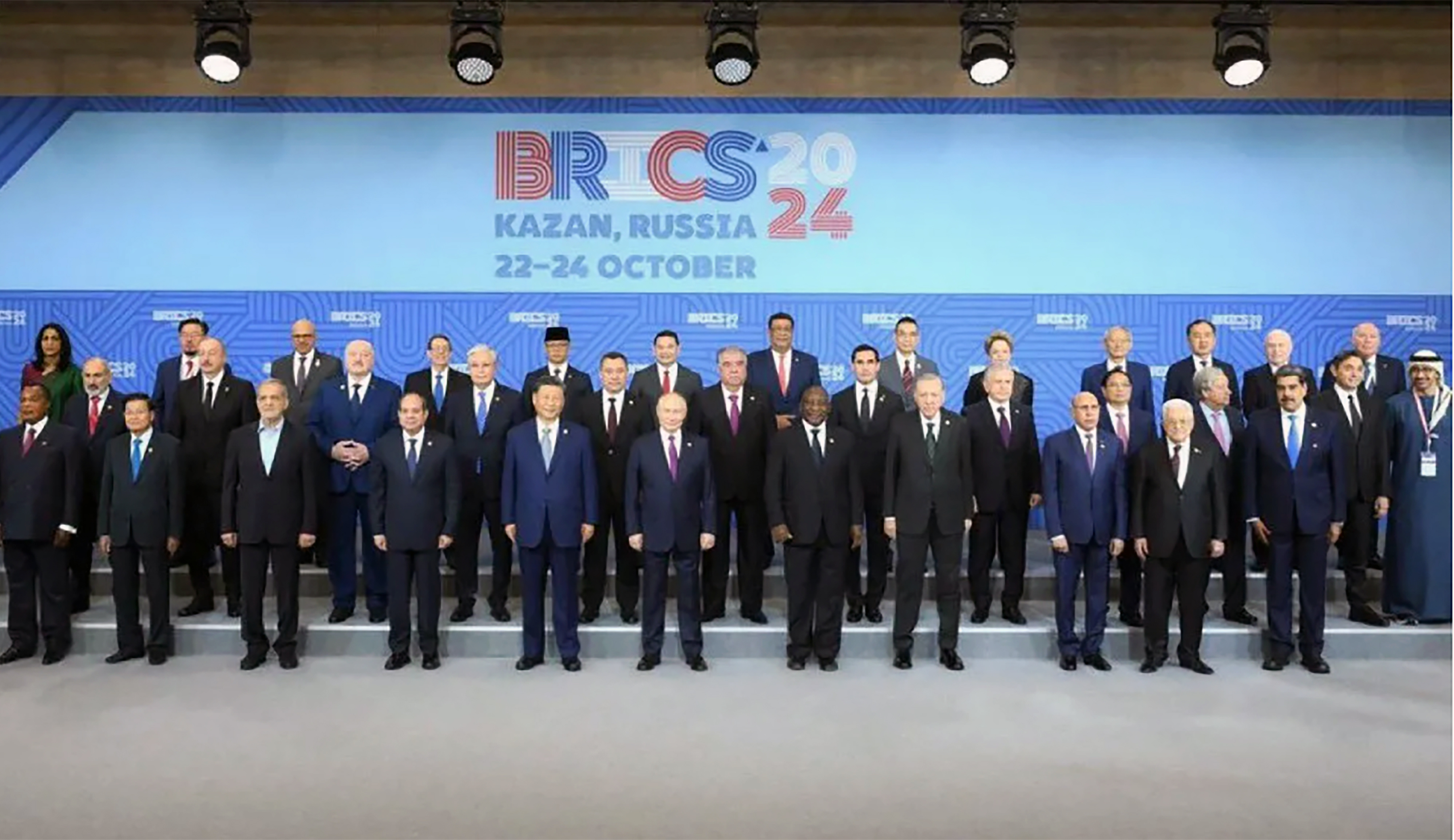Makerere launches agricultural research facility

Officials unveil the APRC logo at the launch on Feb.24.
Makerere University’s College of Agricultural and Environmental Sciences has launched a facility dubbed the Agricultural Policy Research Center with the aim of bridging the critical gap between research and policy, ensuring that agricultural policies are informed by research and to provide objective, evidence-based solutions to the challenges within Uganda’s agricultural sector.
Speaking at the launch of the facility on February 24, Stephen Byantwale, the Commissioner for Crop Protection, at the Ministry of Agriculture, Animal Industry and Fisheries, highlighted its like impact on boosting the agricultural sector, which is the backbone of Uganda’s economy.
“Agriculture remains the cornerstone of Uganda's economy, contributing approximately 24% of the GDP, employing nearly 68% of the population, and generating over 35% of export earnings. However, despite its immense potential, the sector faces persistent challenges, including climate change effects, low productivity, constrained value addition, limited market access, inadequate financial support, and policy gaps,” Byantwale noted.
- He emphasized that the APRC would play a pivotal role in bridging the gap between research and policymaking, ensuring that Uganda’s agricultural policies are responsive, timely, and transformative.
“For too long, policy decisions in the agricultural sector have been made without sufficient reliance on empirical data. This has led to inefficiencies in resource allocation, limited uptake of modern farming technologies, and inadequate implementation of key development programs,” Byantwale added.
Prof. Gorretti Nabanoga, the Principal of th College of Agricultural and Environmental Sciences (CAES), also emphasized the significance of APRC in transforming Uganda’s agricultural sector.
- “We are mindful that the agricultural sector continues to face persistent challenges, including low productivity, market inefficiencies, and gaps in policy implementation. The launch of APRC is yet another innovation to support government efforts in addressing these challenges. We perceive this initiative as a game-changer in ensuring that scientific research directly shapes national agricultural policies, investments, and programs,” Nabanoga stated.
Prof. Nabanoga reaffirmed the university’s commitment to ensuring that impactful policies are research-driven.
“For Uganda to achieve food security, economic transformation, and environmental resilience, agricultural policies must be grounded in credible, data-driven insights. APRC is designed to bridge the critical gap between research and policymaking,” she said.
Additionally, APRC will work closely with government ministries, development partners, private sector players, and civil society organizations to translate research findings into actionable policies. The center is expected to empower farmers, agribusinesses, and policymakers with evidence-based solutions to drive agricultural growth and economic development.
Officials and researchers were in agreement that the launch of APRC marks a significant step toward positioning Uganda’s agriculture sector for sustainable development, leveraging research to inform decisions that enhance productivity, market efficiency, and overall sector resilience.
- By bridging the gap between research and policy, the Centre is set to become a key driver of sustainable development in Uganda’s agri-business industry.
- The APRC is a collaborative initiative between Makerere University’s College of Agricultural and Environmental Sciences (CAES) and the Office of the President.
It envisions a future where research evidence drives policy decisions, fostering sustainable agricultural development in Uganda. Its core mission is to conduct, coordinate, and disseminate high-quality policy research, offering innovative solutions tailored to the realities of Uganda’s food systems.
By linking research outputs with policy actions, the Centre will play a pivotal role in advancing Uganda’s agricultural transformation agenda.




.JPG)
